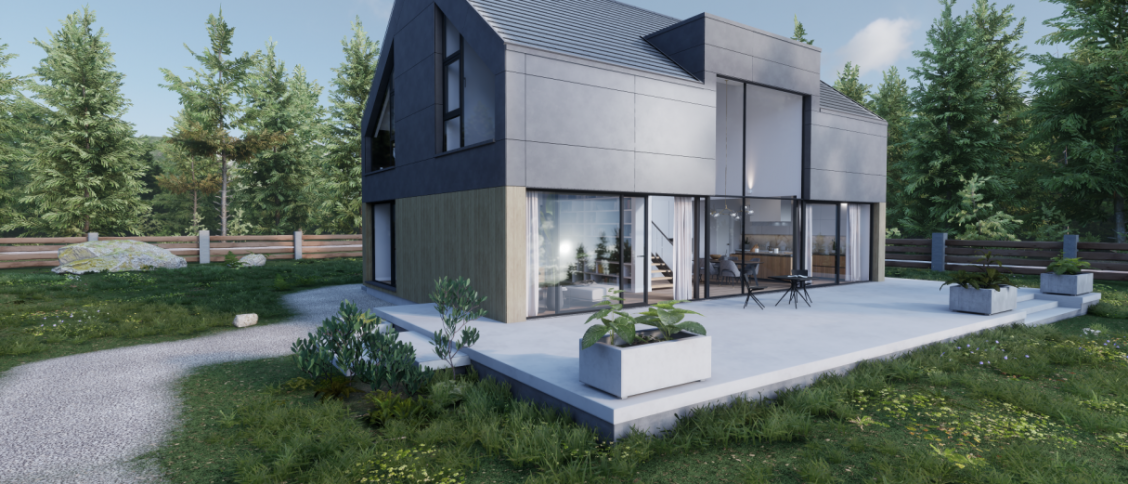I must admit – real estate is one of the market sectors where I believe Virtual Reality it’s a must. Why? I try to explain in this article below based on my experiences.
When it comes to property and real estate, Virtual Reality has a remarkable number of use cases that are set to transform the way brands engage with customers. But before we dive into the many benefits of VR in the real estate sector, it’s important to understand the technology and how consumers perceive it.
VR is a computer-generated simulation of a 3D environment that you can interact with using special equipment such as a headset and controllers. It sits under the wider Extended Reality (XR) umbrella, which also includes Augmented Reality (AR) and Mixed Reality (MR).
Consumer behaviour has matured to a point of acceptance and anticipation – in other words, the modern shopper can now envision VR in their daily lives.
According to research, we’ve made*, 91% of consumers believe that VR will become part of their daily routine in the next 3-5 years, just as the smartphone is now.
Keeping up with change is pivotal, but adoption must be done in such a way that it solves existing problems in the business infrastructure.
The commercial case for VR in real estate
VR is a powerful tool for real estate brands, but most have yet to harness the technology in a meaningful way.
We’ve made a research in SYZYGY XR where I work and 81% would be more likely to purchase a product or service if it included a VR experience. This is a huge number of people who can’t be overlooked.
Redefining the future of customer experience
In 2018, Danwood S.A., a leading property development company in Europe, approached us with a challenge: “How can we convince potential clients to purchase a premium house that is not yet built and can’t be seen real life?”
Designed in cooperation with Danish architects, the property development featured luxurious, modern design with a clean look and finish. To capture the essence of the homes, we created VR experiences for each of the 6 houses in the VISION line that would take the customer into a virtual house, so they could look, feel and experience how their new house potentially could look like.

Tasked with creating a line of premium houses named ‘VISION’, Ars Thanea (our sister CGI production studio) crafted each home in 3D with astonishing attention to detail and light.
The experience only requires VR goggles and a sales representative, means that the property line can be shown to customers in any market across Europe. Furthermore, the selling tool is designed to be a multi-user experience: a salesman can enter the house together with the customer, advise and modify the exterior of the house during the journey.

Vision for tomorrow
We are living in times when property viewing has become mobile and agile. This is a bold move from the decision-makers that redefines the future of real estate.
With VR, the customer and agent experience full immersion in the house. This technology serves as more than just a compelling visualisation; it actually enhances the selling process, since a salesman can enter the property with the customer and advise or even modify aspects of the home as they journey together.
For an industry that relies heavily on aesthetic appeal to drive marketing and sales, the use of lifelike VR simulations opens up an entirely new window of exploration. With in-store VR headsets, real estate agents can build virtual applications that thrust the customer into a rich, vivid, lifelike home.
For businesses skeptical about the significance of XR, we must learn from history: innovation speaks louder than words. As the world hurtles towards a more immersive digital ecosystem, the convergence of VR and human behaviour will usher in a new era of discovery, interaction and experience.
*research made on the poll of 1000 German and UK customers in age between 16-54 y.
If you have any questions about our real-estate solutions please drop me an e-mail.




